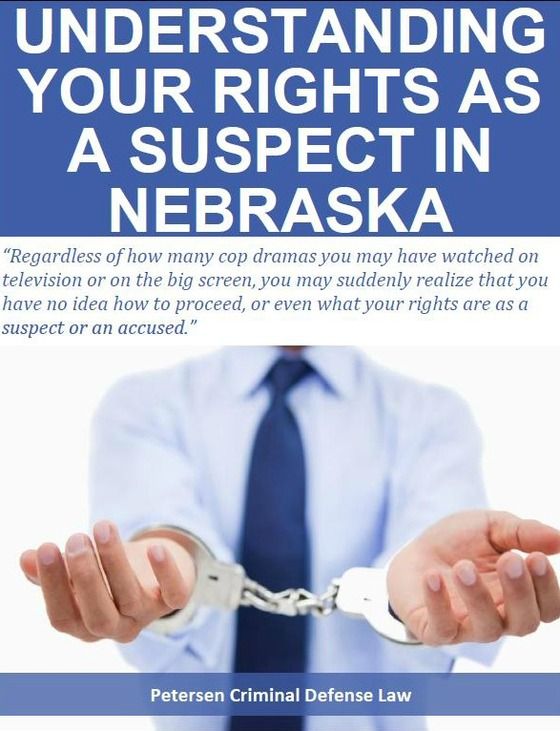Sometimes an arrest is made because a law enforcement officer actually witnessed a crime. This is usually the case with lesser offenses such as shoplifting, possession of marijuana, or driving under the influence.
\More serious crimes, however, are typically investigated by the police before an arrest is made. During the investigative stage, a number of people are interviewed in an attempt to gather information.
Typically, there is at least one potential suspect at this stage of the investigation; however, the police do not always acknowledge who is a suspect and who is just a potential source of information.
If you are a suspect, do you need a criminal defense lawyer or does that make you appear guilty? Knowing the answer to that could be extremely important if you ever find yourself to be a potential suspect in a police investigation.
Sources, Witnesses, People of Interest, and Suspects
When law enforcement officers investigate a crime they make an attempt to talk to a wide range of people. Those people can be loosely divided into four different categories:
- Source – this is someone from whom the police hope to gather additional information. This person did not witness the crime and likely as not directly involved; however, may have heard something or may know where to find someone the police want to locate.
- Witness – this person actually saw the crime occur, possibly saw the fruits of the crime (stolen merchandise for example), or may even has heard the perpetrator discussing the crime.
- Person of interest – this is someone the police usually think may be a suspect but they are not ready to label him/her a suspect yet. This person usually had something directly to do with the crime or actually committed the crime.
- Suspect – this is someone the police believe may have committed the crime and they have gathered enough evidence to say so publicly.
The problem with the above-referenced classification system is that you could move all the way from a source to a suspect rather quickly, particularly if you talk to the police without first consulting an attorney.
Don’t I Look Guilty If I Say I Want to Talk to a Criminal Defense Attorney?
Although understandable, this is one of the biggest mistakes people make when dealing with the police. Human nature being what it is – and the police knowing that by the way – most people cooperate with the police because they are afraid to appear guilty by asserting their right to have an attorney present.
Here is the reality of the situation though…if the police want to talk to you, there is a very good chance that you are already a suspect, even if you have not officially been declared one yet. If you have already been declared a suspect, the odds of you talking yourself out of going to jail, much less out of a conviction, are about as good as your odds of winning the lottery.
Keep in mind that a police detective does this for a living. He or she questions people every day as part of the job. Anything you say can and will be used against you – but the catch is that the police do not have to remind you of that by giving you your Miranda warnings unless you are in custody.
Therefore, you need to already be aware of the risks of talking to the police and be prepared to politely refuse to do so without first consulting an attorney, something you have an absolute right to do.
The bottom line is that even if you do look guilty by asserting your right to consult with an attorney, looking guilty cannot get you convicted. Things you say to the police, on the other hand, can lead to a conviction. If the police want to “talk” to you, be sure to consult with an experienced Nebraska criminal defense attorney before agreeing to do so.
Free Report: Understanding Your Rights As a Suspect in Nebraska
If the police stop you and start asking you questions, do you have to answer them? What if you start to cooperate and then realize you need a lawyer—can you stop cooperating?
Do you have a right to an attorney if the police want to question you? The Fifth Amendment to the U.S. Constitution affords you the right against self-incrimination, also known as the “right to remain silent.” This right is very broad and applies in all encounters with the police.
Topics covered in this report include:
- Constitutional Rights
- Searches and Seizures
- Questioning and Interrogation
- Trial Rights
- But the Officer Never Read Me My Rights
Click here to read the whole article or download the PDF.
Contact Us
If you have been charged with a crime in the State of Nebraska it is certainly in your best interest to consult with an experienced Nebraska criminal defense attorney right away. In Nebraska contact Petersen Criminal Defense Law 24 hours a day at 402-509-8070 to discuss your case with an experienced criminal defense attorney.




